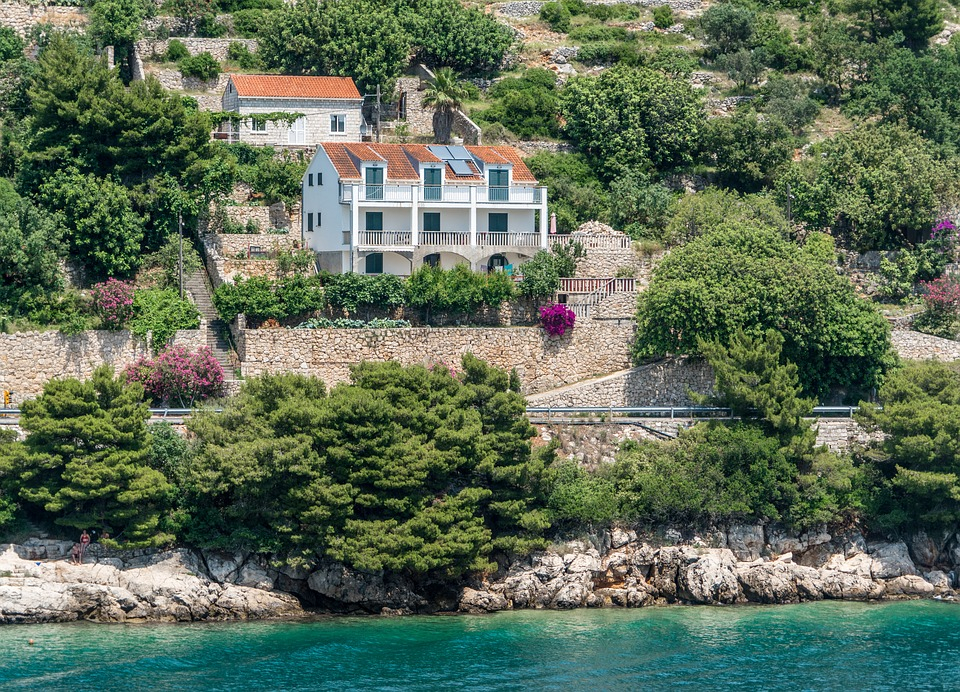As Novac/Marina Klepo writes, in order to secure revenues for local self-government units, Slavko Kojic, the former head of finance in the City of Zagreb, said recently, the tax system needs to be revised and the dreaded Croatian property tax needs to be introduced. He isn’t the only one who is calling for that particular tax, the introduction of which in Croatia has failed twice, and ingloriously.
The ongoing coronavirus pandemic has sharply increased everyone’s budget deficits, so, with the introduction of a global corporate tax rate, property taxation is most often mentioned as a desirable way to increase revenue. Whether or not that is a good idea is in the title of a recently published work by the ECB. An analysis considered by 23 countries shows that the contribution of property taxes to total budget revenues is small, averaging about six percent at most. It is higher in countries with higher tax rates (such as the UK and the USA), at about ten percent, and Croatia is among the countries where it is below two percent.
In the decade after 2007, the share of these revenues increased in 12 countries, mostly in Greece, from about one percent, to more than five percent. Croatia is among the countries where there has been no increase in these revenues.
“In general, property taxes to governments can be an effective means of increasing revenue and managing public finances, and increasing the effective tax rate and base can offset other taxes,” authors Marta Rodriguez-Vives and Miguel Angel Gavilan-Rubio believe.
The European Commission, the OECD and the ECB have long recommended that countries shift from labour taxation to a property tax, which is less detrimental to growth. Among other things, it results in greater investment in more productive sectors than the construction of houses and apartments. Previous research has shown that developing countries could collect an additional amount of about two percent of GDP from property taxation.
Whether, when and in what form the topic of Croatian property tax will be on the agenda again remains unknown. The last time the government tried to introduce it was back in 2017, but under pressure from the public, especially from the Lipa Association, which began collecting signatures against and threatening a referendum, it was shelved and the government eventually gave up.
The main argument of the opponents of Croatian property tax is that the tax pressure in Croatia is already too high and that it will affect the broadest sections of the population, given that 88 percent of Croatian households live in their own properties. However, the point of the tax isn’t to cover the poor, but the richer sections of the population who have more at their disposal.
For more, follow our politics section.










